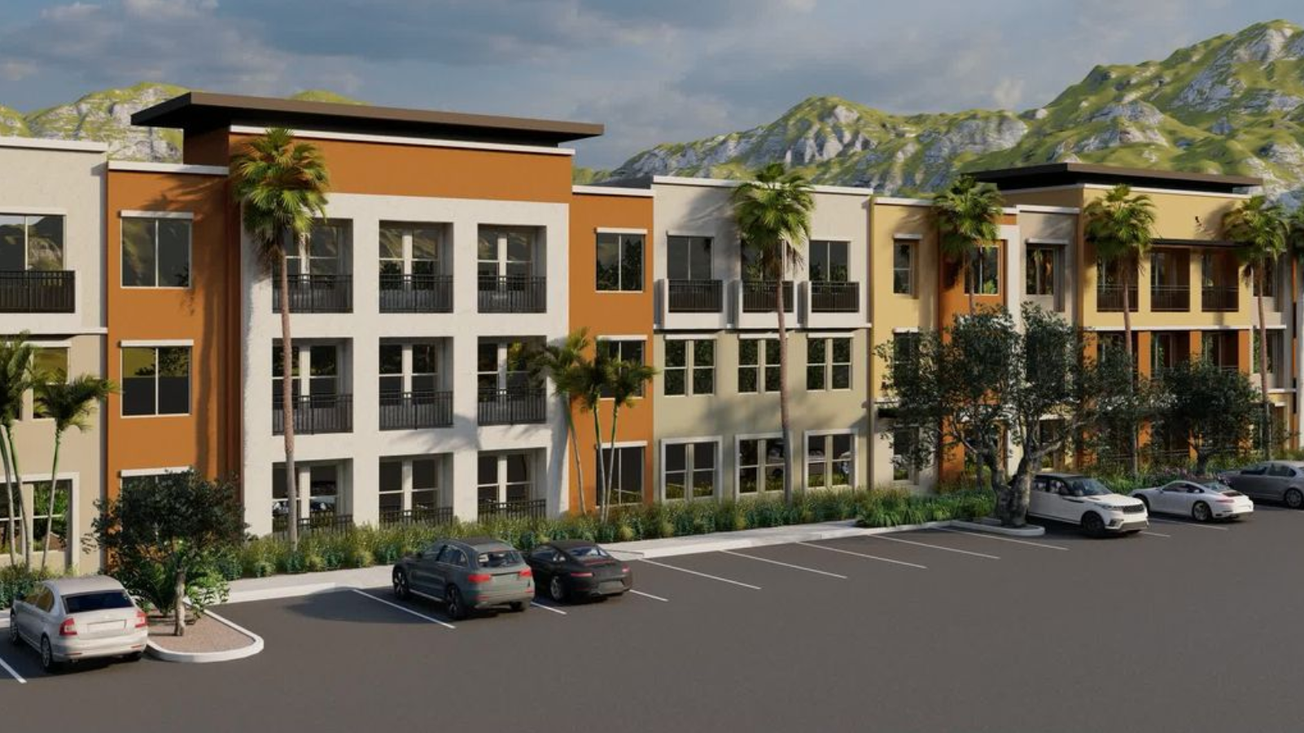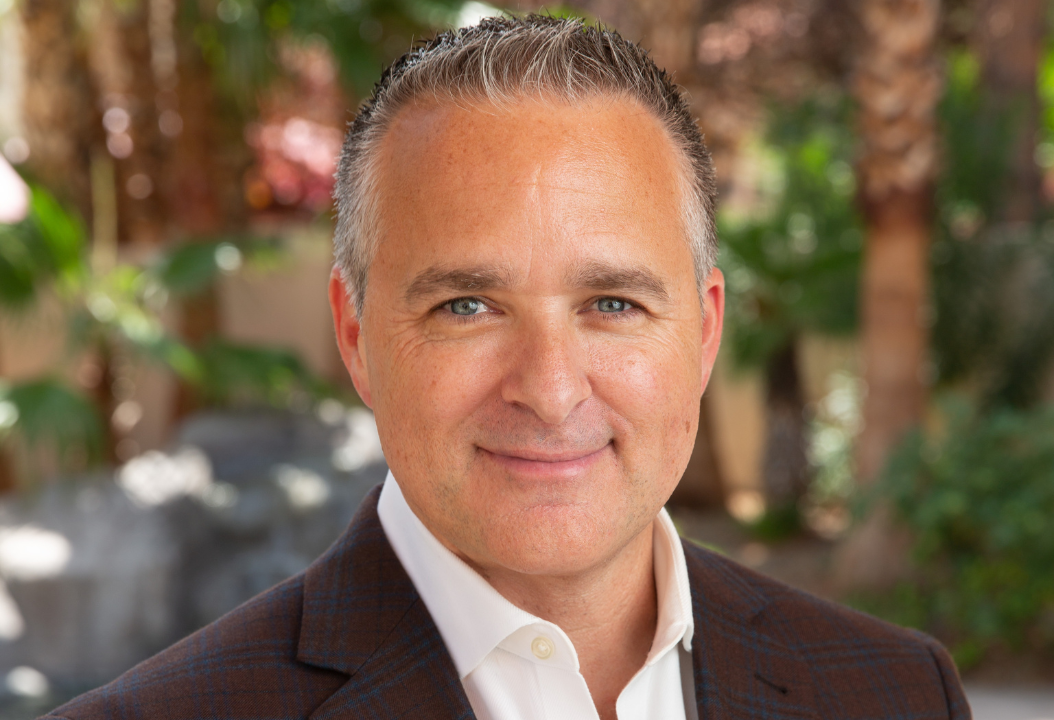This commentary is written by PNC Chief Economist Gus Faucher.
Real GDP increased 2.4% at an annual rate in the second quarter, according to the advance estimate from the Bureau of Economic Analysis. This followed growth of 2.0% in the first quarter. Over the past year real GDP has increased 2.6%, well above the economy's long-run potential.
Consumer spending rise 1.6% in the second quarter, adding 1.1 percentage points to annualized GDP growth. Services spending growth was especially strong.
Business fixed investment increased almost 8% at an annual rate in the second quarter, adding a full percentage point to overall growth. Investment in housing fell for the ninth straight quarter, although the drag was small, subtracting less than 0.2 percentage point from growth. Inventory accumulation was a slight positive, adding 0.1 percentage point to growth.
Trade was a small drag in the second quarter, with imports down less than exports; trade subtracted 0.1 percentage point from growth.
Government added 0.5 percentage point to growth in the quarter, rising 2.6% annualized. Most of the increase came from state and local government spending.
The overall personal consumption expenditures price index rose 2.6% at an annual rate, the lowest consumer inflation since prices fell in the second quarter of 2020, when the pandemic was raging. The core PCE price index, excluding food and energy, increased 3.6% in the second quarter. This was the slowest core inflation in almost three years, but it remains well above the Federal Reserve's 2% objective.
The economy expanded at a solid pace in the second quarter. The composition of growth was good, with big contributions from consumer spending and business fixed investment. But with growth well above the economy's long-run potential and core inflation much higher than the Fed would like, this cannot persist.
The Federal Open Market Committee raised the federal funds rate yesterday, and monetary policy is now decisively weighing on growth. The most likely outcome is a mild recession late this year or early next, as the drag from higher interest rates accumulates. But there is still a 40% chance that the economy avoids near-term recession.
About the author: Prior to joining PNC in December 2011, Faucher worked for 10 years at Moody’s Analytics, where he was a director and senior economist. Previously, he worked for six years at the U.S. Treasury Department, and taught at the University of Illinois at Urbana-Champaign. He serves on the board of directors of The Economic Club of Pittsburgh - the local chapter of National Association of Business Economics (NABE). He is also co-chair of the Financial Roundtable of NABE. Faucher earned a Ph.D. in economics from the University of Pennsylvania and a B. A. in economics from Cornell University.









